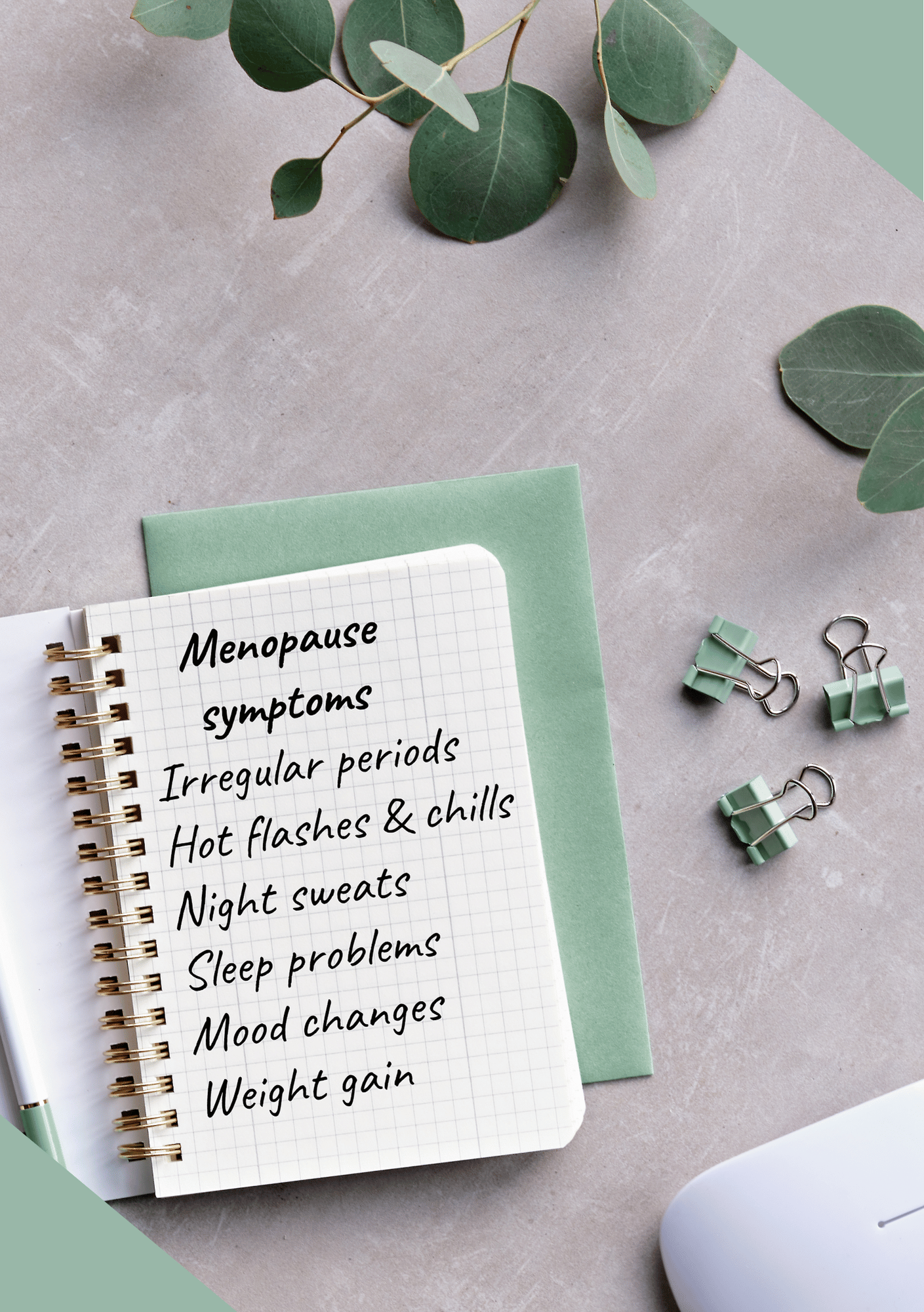
Managing Menopause with the Best Diet, lifestyle & Supplements
Perimenopause and menopause can bring both expected and surprising changes. Many women start exploring how nutrition and supplements can ease symptoms and support wellbeing at this time. In this article, we’ll explore what the latest research says about managing menopause naturally—covering the most effective dietary strategies and supplements worth considering. Whether you're in perimenopause or post-menopause, this guide is for you.

Influencer or Expert? How to Decide What health information you can Trust
The internet is a hive of never-ending health advice. It can be hard to know what to trust. In this post, we look at how to spot credible, evidence-based health information—and how to avoid misleading trends, pseudoscience, and marketing hype.

Nourishing Your Body After Birth: A Dietitian’s Guide to Postpartum Nutrition
The postpartum period is physically and emotionally demanding — and nutrition can be the last thing on your mind. In this article, I share practical, realistic tips for fuelling your recovery, energy, and mood after birth. From iron and brain-boosting nutrients to one-handed meals and snack ideas, you’ll find support without the pressure of perfection.

Dietitian vs Nutritionist vs Naturopath: What’s the Difference in Australia?
Do you know the difference between dietitians, naturopaths, and nutritionists? Learn how they compare in training, regulation, and approach to health, so you can pick the right one for your needs.

Managing Type 2 Diabetes via Affordable Nutrition Support
Type 2 diabetes affects over 1.3 million Australians — but with the right nutrition guidance, we can help reduce symptoms and improve the quality of life with this condition. Every day, Dietitians help people improve their blood sugar, reduce complications, and build long-term confidence around food choices.
From understanding carbs and fibre to making sustainable changes that suit your lifestyle, find out more about what can help.

What Is a Chronic Condition and How Does a Chronic Condition Management Plan (CCMP) Work?
If you’re living with a long-term health condition, you may be eligible for extra support through Medicare’s Chronic Condition Management Plan (CCMP). A GPCCMP helps coordinate care between your GP and allied health professionals such as dietitians, physiotherapists, podiatrists and more.
Learn here what might qualify as a chronic condition, how the CCMP works, who’s eligible, and how to access up to five Medicare-subsidised allied health sessions each year. Also find out how seeing a dietitian can support conditions like diabetes, PCOS, gut issues, and more — with accessible telehealth options available Australia-wide.

